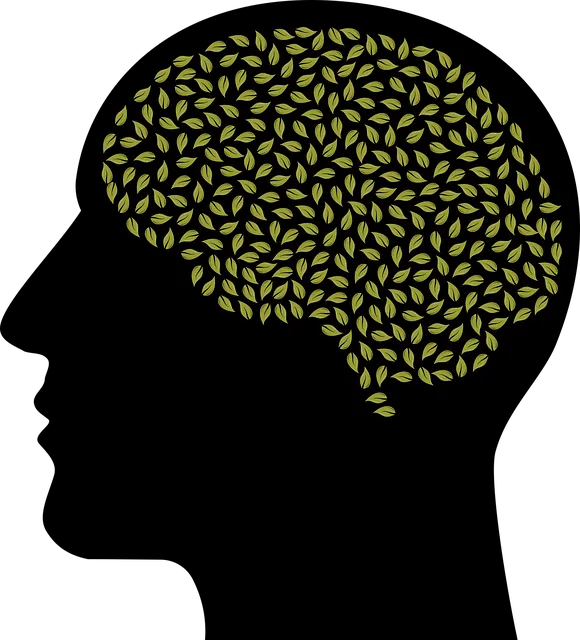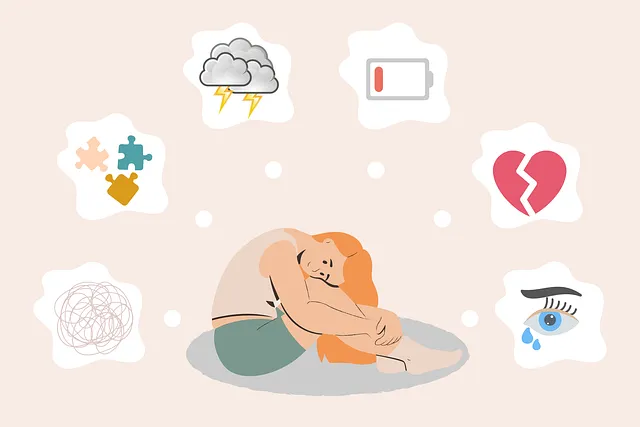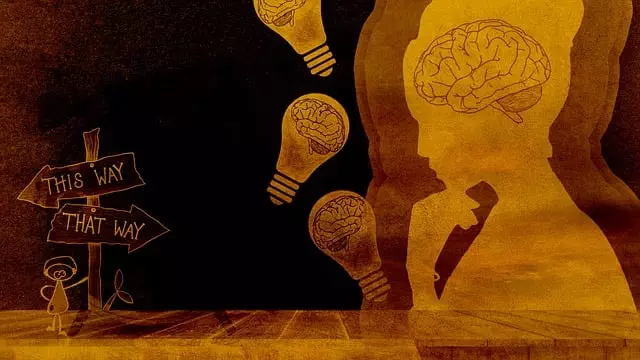In Lafayette, understanding community needs is vital for successful outreach, with organizations like Kaiser Permanente's mental health access center playing a key role by engaging residents to identify challenges such as limited access to services or unmet social welfare needs. Tailored initiatives cater to diverse populations and promote mental well-being through programs focusing on mindfulness meditation, self-care routines, and positive thinking workshops. Partnerships with community groups and regular feedback loops ensure sustainable engagement, building resilience and enhancing the overall mental health fabric of Lafayette.
Community outreach programs play a vital role in enhancing healthcare accessibility, especially in diverse urban centers like Lafayette. This article explores how such initiatives can bridge the gap between healthcare services and underserved populations. We delve into understanding local needs, highlighting the success of the Kaiser Permanente Mental Health Access Center in Lafayette, and providing strategies for implementing and sustaining impactful outreach programs. Discover effective approaches to improve mental health access and foster a healthier community.
- Understanding Community Needs: A Foundation for Effective Outreach in Lafayette
- Kaiser Permanente Mental Health Access Center: A Model for Accessible Care
- Implementing and Sustaining Outreach Programs: Strategies for Success in the Local Community
Understanding Community Needs: A Foundation for Effective Outreach in Lafayette

In Lafayette, understanding the unique needs of the community is a foundational step for successful outreach programs. Organizations like Kaiser Permanente’s mental health access center play a vital role in identifying and addressing local concerns. By engaging with residents, healthcare providers can uncover specific challenges, such as limited access to mental health services or unmet social welfare needs. These insights enable tailored initiatives that cater to the diverse population, including those facing economic barriers or lacking cultural sensitivity in healthcare.
Effective outreach goes beyond providing information; it involves building empathy and resilience within the community. Strategies focused on mood management and empathy-building can foster connections and encourage individuals to seek support for their mental well-being. Resilience-building activities empower residents to navigate challenges, ensuring that outreach programs leave a lasting impact by enhancing the overall mental health and social fabric of Lafayette.
Kaiser Permanente Mental Health Access Center: A Model for Accessible Care

The Kaiser Permanente Mental Health Access Center in Lafayette stands as a beacon of hope and accessible care for many. This innovative center has successfully addressed mental health concerns within the community by offering comprehensive services tailored to diverse needs. By integrating various therapeutic approaches, including self-care routine development and emotional well-being promotion techniques, the center ensures individuals receive holistic support.
The success of this model lies in its ability to foster a sense of belonging and encourage open conversations about mental health. Through organized programs and workshops, the center promotes mindfulness meditation as an effective tool for stress reduction and emotional regulation. By making these services readily available, the Kaiser Permanente Mental Health Access Center has not only improved access to care but also contributed significantly to the overall well-being of the community.
Implementing and Sustaining Outreach Programs: Strategies for Success in the Local Community

Implementing community outreach programs is a powerful way to enhance mental health services and promote well-being, especially in areas like Lafayette where access to specialized centers like the Kaiser Permanente Mental Health Access Center is vital. To ensure success, organizations should focus on creating sustainable initiatives that resonate with local needs. One effective strategy is to partner with existing community groups and leaders who understand the unique challenges and cultural nuances of the area. By engaging these stakeholders, programs can be tailored to address specific issues, whether it’s increasing awareness about stress management techniques, incorporating mindfulness meditation into daily routines, or fostering positive thinking workshops within schools and faith-based organizations.
Regular evaluation and community feedback are essential for long-term sustainability. Organizations should measure the impact of their outreach efforts, collecting data on participant satisfaction and behavioral changes. Incorporating interactive sessions and providing resources that are easily accessible can encourage continued engagement. For instance, offering follow-up sessions, online platforms for virtual support groups, or even simple tools like guided meditation recordings can help individuals maintain their mental health journey. By combining these strategies, the Kaiser Permanente Mental Health Access Center in Lafayette can effectively reach and support a diverse community, fostering resilience and improving overall mental well-being.
Community outreach programs, as demonstrated by the successful Kaiser Permanente Mental Health Access Center in Lafayette, play a pivotal role in enhancing healthcare accessibility. By understanding local needs and employing effective strategies, organizations like Kaiser Permanente have shown that addressing mental health issues can be a game-changer for communities. The implementation of such programs requires a collaborative approach, sustained commitment, and adaptable planning to ensure long-term success. Recognizing the impact these initiatives can have on improving healthcare outcomes, especially in underserved areas, is essential for fostering healthier and more connected local communities.






